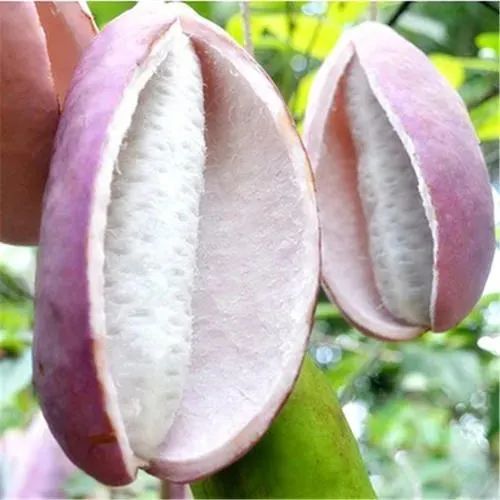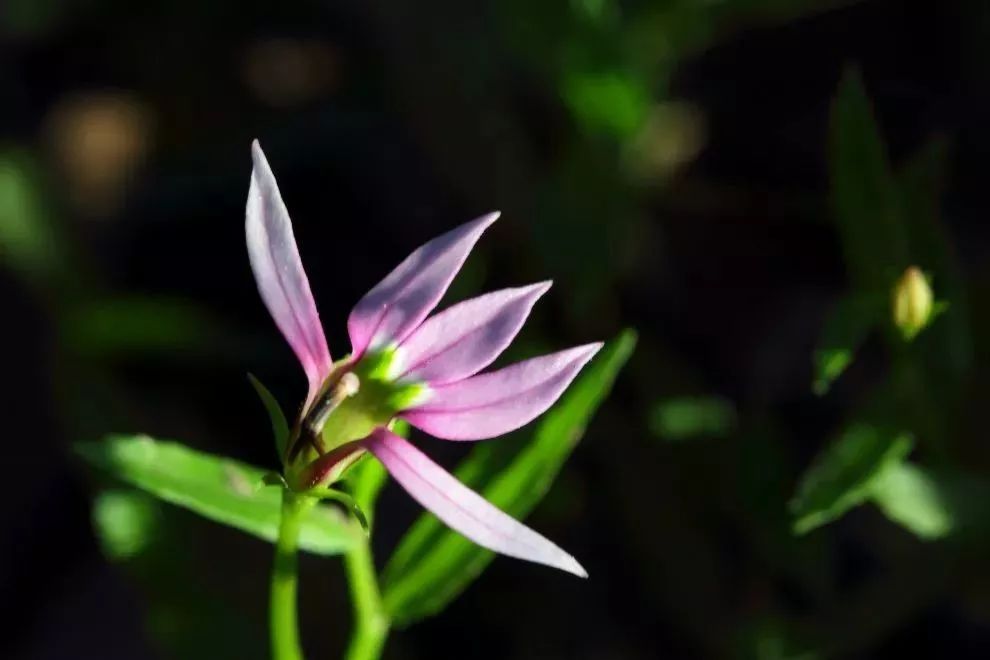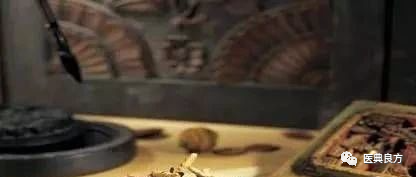Three Anti-Cancer Chinese Medicinal Herbs and Six Anti-Cancer Formulas
1. Kiwi Root (猕猴桃根)
The kiwi root is a fleshy root with a skin content of 30% to 50%. It has a high water content and a shallow, widespread root system, with the distribution range of the adult tree’s roots being about three times that of its crown. It possesses strong abilities to tonify the body and to astringe dampness. Additionally, as it grows in southern mountainous areas, it can clear heat and detoxify, making its effects significant.
Due to its affinity for the Heart (心), Kidney (肾), Liver (肝), and Spleen (脾) meridians, it is effective in invigorating blood circulation, reducing swelling, resolving phlegm, and dispelling wind and dampness. These functions are often required to combat tumors, thus kiwi root is effective in reducing cancerous growths.
1. Treatment for gastrointestinal tumors and breast cancer: 75g of kiwi root, 1000ml of water, decoct for over three hours, take one dose daily for ten to fifteen days as a treatment course. Rest for a few days before continuing, for a total of four courses. (Source: Shanxi Chinese Herbal Medicine)
2. Treatment for liver cancer and esophageal cancer: 60-120g of fresh kiwi root, 30g of lean pork, decoct in water, consume both soup and meat. One dose daily. (Source: Jiangxi Herbal Handbook)
3. Treatment for breast cancer: 30g of kiwi root and wild grape root, 3g each of Illicium anisatum (八角金盘) and Rhizoma Arisaematis (生南星), decoct and take one dose daily. (Source: Compilation of National Chinese Herbal Medicine)
Breast cancer is often related to liver dysfunction. Wild grape root, from the Vitaceae family, is active in the Liver and Kidney meridians and can clear heat and detoxify. Breast cancer typically also involves cold phlegm and damp stagnation, while Illicium anisatum and Rhizoma Arisaematis are both pungent and can disperse dampness and resolve cold.
Illicium anisatum resolves phlegm and stops cough, dispels wind and dampness, and alleviates pain. Rhizoma Arisaematis, though toxic, acts on the Lung, Liver, and Spleen meridians, regulating liver qi, promoting lung qi, and strengthening spleen qi. Together with kiwi root, which invigorates blood circulation and reduces swelling, they effectively treat breast cancer.

2. August Zha (八月扎)
This is a plant from the Lonicera family, including the fruits of Lonicera japonica, Lonicera trifolia, and Lonicera macrantha. It has a bitter and neutral flavor, active in the Liver, Stomach, and Bladder meridians. It can soothe the liver, benefit the kidneys, invigorate blood circulation, alleviate pain, soften masses, and promote urination.
4. Treatment for liver cancer: 30g each of August Zha, Stone Sedge (石燕), and Verbena (马鞭草), decoct and take. (Source: Common Anti-Cancer Drugs Handbook)
Liver cancer is characterized by deficiency of the organs’ qi and blood, with stagnation of qi and blood stasis, damp heat, and toxins accumulating in the liver, leading to symptoms such as right flank hardness and pain, weight loss, poor appetite, and fatigue. Currently, TCM recognizes that “tonifying the spleen and regulating qi” is the best approach for treating liver cancer, making August Zha particularly suitable.
Verbena has a bitter and cool nature, tonifying the spleen and soothing the liver. It invigorates blood circulation, disperses stasis, promotes urination, and detoxifies, assisting August Zha in its functions.
Stone Sedge is a fossil of ancient brachiopods, with a sweet, salty, and cool flavor, working on the Kidney and Bladder meridians. It can promote urination and expel damp heat, allowing for the removal of pathogens.
These three herbs work together to treat the condition.

3. Half-Edge Lotus (半边莲)
This is a plant from the Campanulaceae family, growing wild in wet areas such as field edges, grasslands, and stream banks. It is distributed in the middle and lower reaches of the Yangtze River and other provinces in southern China, as well as in other Asian countries east of India. It is also known as Jujube Grass, Fine Rice Grass, Snake Tongue Grass, Half-Edge Flower, and Narcissus Grass.
The whole plant is used medicinally, with a slightly sweet and spicy taste. It has effects of clearing heat, detoxifying, promoting urination, and reducing swelling. It is a well-known anti-cancer herb, effective for liver cancer and nasal cavity cancer.
5. Treatment for liver cancer: 30g each of Half-Edge Lotus, Half-Branch Lotus, Yellow Hair Ear Grass, and Coix Seed (薏苡仁), and 60g of Coriander (天胡荽), decoct and take. (Source: New Compilation of TCM Formulas)
Both Half-Edge Lotus and Half-Branch Lotus are anti-cancer herbs, and Coix Seed also has anti-cancer properties, working together with Yellow Hair Ear Grass and Coriander to clear heat, promote urination, detoxify, and reduce swelling.
6. Treatment for nasal cavity cancer: 60g of Half-Edge Lotus and 60g of fresh Herba Euphorbia (鲜老鹳草), decoct and take. (Source: Wuhan Herbal Exhibition Compilation)
Herba Euphorbia has a bitter, slightly spicy, and neutral flavor, working on the Liver, Kidney, and Large Intestine meridians, dispelling wind, invigorating blood, and clearing heat and detoxifying.
Request from the Editor:
Since the WeChat update, fewer and fewer people are seeing the good articles I work hard to push out every day, and I am almost out of a job~  To continue serving everyone, please remember to star the “Jishi Liangfang” account! Absolutely! Make sure to star it!
To continue serving everyone, please remember to star the “Jishi Liangfang” account! Absolutely! Make sure to star it! 
Disclaimer: This article is reproduced from the internet and published materials. If there is any infringement, please contact us for removal. The various prescriptions and remedies mentioned are for informational sharing only and do not constitute medical advice or guidance. Please use them under the guidance of a physician.

